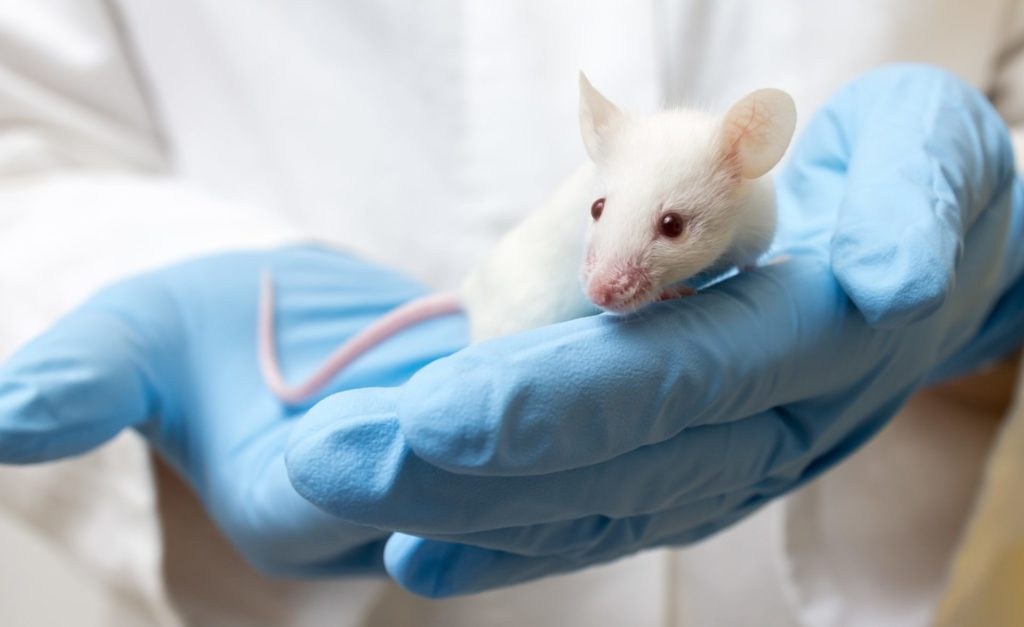The Flemish and Brussels regional governments are working together in search of alternatives to animal testing to reduce reliance on such experiments.
As part of this collaboration, the regions will launch a new, optimised version of the RE-Place platform for scientists, which gathers all existing knowledge on alternative methods to animal testing and paints a realistic picture of what is possible today with such methods.
The platform was created as part of a previous collaboration between Brussels Minister for Animal Welfare Bernard Cleryfayt and his Flemish counterpart Ben Weyts several years ago to ensure that, in the long term, the project could "contribute to a structural reduction in the number of
animal experiments."
It does so by promoting the use of non-animal testing methods by putting the emphasis on sharing knowledge, and by bringing together experts from institutions and research fields with each other.
A new and improved version of the RE-Place platform which was recently launched makes it even easier to collect the available expertise in Brussels and Flanders. As part of this launch, both regions are calling on scientists to share their expertise on the platform.
Related News
- MEPs request European Commissioner for animal welfare
- Brussels region finances VUB research into alternatives to animal experiments
"I want to prevent the suffering of laboratory animals as much as possible. This can be done by development, stimulation and support of alternative methods," Weyts said.
Human materials and computer models
In Belgium, about half a million test animals are used for scientific purposes every year, most often in biomedical research into new therapies for diseases such as cancer.
In addition, the use of laboratory animals is sometimes required by law, for example for the safety of medicines and vaccines. Such practices are strictly controlled by ethics committees and the regional authorities for animal welfare.
"Some animal tests remain a necessary evil. The focus in our policy lies on a thorough application of the '3Rs policy': reduction, refinement, replacement," Weyts stated.
As part of the project, the coordinators of the RE-Place project, Sciensano and the Vrije Universiteit Brussel, developed an online tool that has already collected 170 methods from various research fields and research fields and institutions.
This includes using human material in cell and tissue cultures (in vitro), or computer models (in silico). "These new, innovative techniques play a very important role in answering questions that follow from a regulatory framework or biomedical research," a press release stated.

